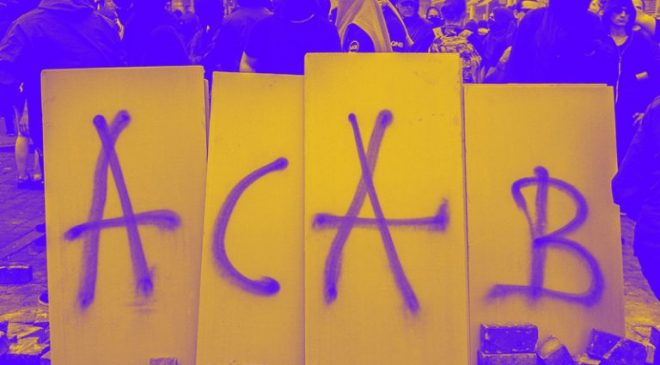1. The state is the largest apparatus of violence, aggression, and coercion within a given territory. The mafia is composed of all the smaller ones.
2. The state is the most well-organized apparatus of violence, aggression, and coercion within a given territory. The mafias’ inferior organization makes them less influential and their reach more restricted.
3. The state is a monopolistic apparatus of violence, aggression, and coercion, that is, the culmination of the process of eliminative competition between groups of stationary bandits that run protection racket schemes. Mafias are the losers in this competition, formally outlawed by the winner and relegated to the black market.
4. The state possesses a powerful apparatus of self-aggrandizing propaganda. The mafia does not, hence its bad reputation.
5. The state is the apparatus of violence, aggression, and coercion that possesses the largest clientele within a given territory. The clientele of the mafia is quite small in comparison.
6. The state is usually an open-access apparatus of violence, aggression, and coercion. The mafia typically has a much more closed and rigid structure.
7. Mafias, due to their limited influence and reach, do not actively seek to turn all the inhabitants of a given territory into their clients. States do.
8. Mafias, due to their limited influence and reach, do not actively seek to control and regularly expropriate all the inhabitants of a given territory. States do.
9. Mafias are usually pragmatic in their orientation – they employ violence, aggression, and coercion to obtain tangible goods and services. States, on the other hand, are more often than not motivated by ideology – they employ violence, aggression, and coercion out of pure lust for power.
10. The mafia uses physical intimidation. The state uses physical, intellectual, and moral intimidation. The mafia injures its victims. The state injures and insults its victims. Paraphrasing Lysander Spooner, the mafia, unlike the state, does not, in addition to robbing its victims, attempt to make them either its dupes or its slaves.



